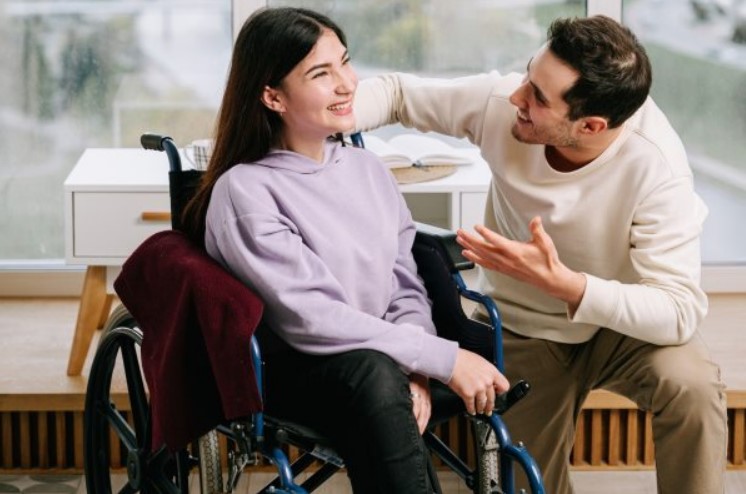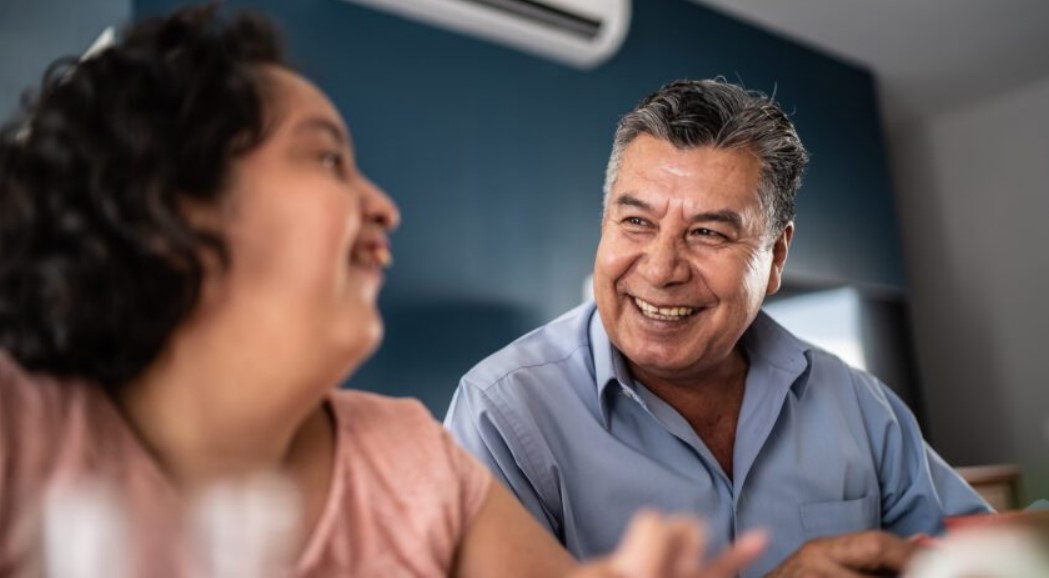Caring for a family member with a developmental disability can be both deeply rewarding and incredibly challenging. From navigating complex healthcare systems to managing daily routines, families often face a wide range of emotional, financial, and logistical hurdles. That’s where family support services by OPWDD come in — providing essential resources, programs, and assistance to help families thrive while ensuring their loved ones receive the highest quality of care.In this article, we’ll break down what these services are, who qualifies, the different types of support available, and how they can truly make a difference in the lives of families across New York State.


The Office for People With Developmental Disabilities (OPWDD) is a New York State agency dedicated to supporting individuals with developmental disabilities and their families. Family support services are designed to assist caregivers in meeting the everyday needs of their loved ones, promoting independence, and improving quality of life.Unlike some programs that focus solely on the individual, family support services by OPWDD take a holistic approach — recognizing that a strong, well-supported family environment is key to the long-term success and well-being of the person receiving care.
To access these programs, the individual with a developmental disability must meet OPWDD’s eligibility requirements. This typically includes:
A qualifying diagnosis such as autism spectrum disorder, cerebral palsy, Down syndrome, intellectual disability, or other developmental conditions.
Proof of substantial limitations in areas like self-care, communication, mobility, learning, or independent living skills.
Residency in New York State and documentation showing that the person’s condition originated before the age of 22.Once eligibility is confirmed, families can explore the wide range of services available through OPWDD.
Family support services vary depending on the needs of the individual and their caregivers. Some of the most common types include:Lorem ipsum dolor sit amet, consectetur adipiscing elit. Suspendisse tincidunt sagittis eros. Quisque quis euismod lorem. Etiam sodales ac felis id interdum.
Caring for a loved one is a full-time responsibility, and respite care offers caregivers a much-needed break. Whether for a few hours or several days, respite services can be provided in the family home, at a certified program site, or in a community setting.

The impact of family support services by OPWDD goes beyond day-to-day assistance. They empower families to:Reduce burnout and stress through respite and peer support.Enhance quality of life for both the caregiver and the person with a disability.Promote independence by teaching essential life skills.Strengthen family bonds by providing resources that make caregiving more manageable.Consider the story of Maria, a mother in Queens caring for her teenage son with autism. Through OPWDD’s respite program, she gained regular breaks to focus on her own health, while her son participated in a social skills group that improved his confidence and communication. “It changed our lives,” Maria says. “We both got the support we needed.”
If you believe your family could benefit from these services, the first step is to contact your local OPWDD regional office. They will guide you through the eligibility determination process, which may include:
1) Submitting documentation of the diagnosis and functional limitations.
2) Participating in an evaluation to assess needs.
3) Developing a personalized service plan with a care coordinator.It’s important to be thorough in your application — the more detail you provide about your family’s needs, the better the agency can match you with appropriate support.
Raising or supporting a loved one with a developmental disability is a journey that no family should navigate alone. Family support services by OPWDD offer a lifeline — delivering practical assistance, emotional support, and pathways to greater independence for individuals with disabilities.By taking advantage of these resources, families can focus less on constant challenges and more on creating meaningful moments together. If you’re in New York and caring for someone with a developmental disability, exploring OPWDD’s family support programs could be the first step toward a stronger, healthier future for your whole family.